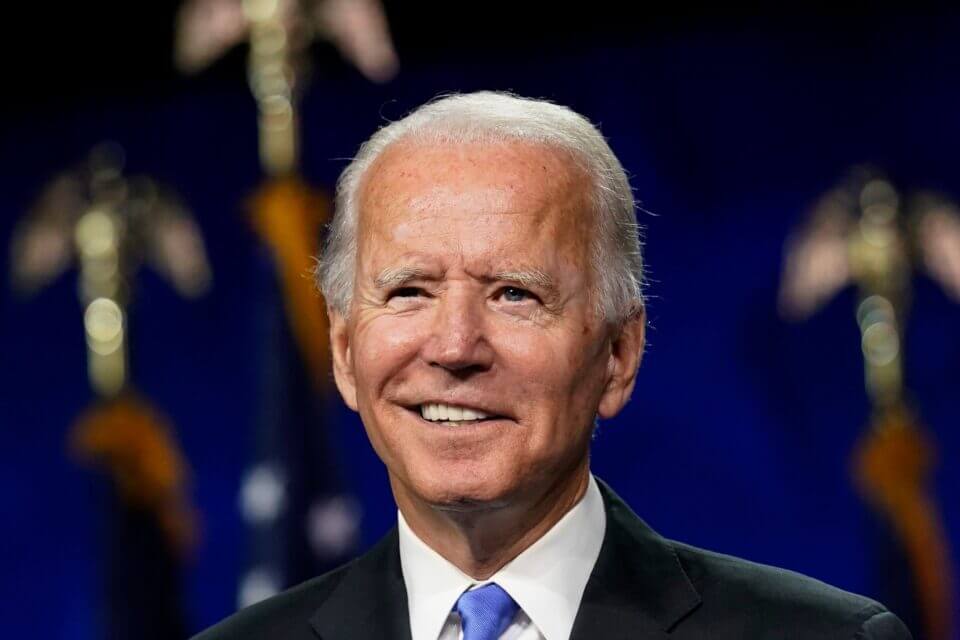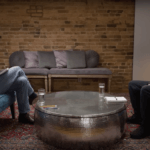
“The former option is President Trump; the latter is politics.”
As the reality of a Biden presidency grows more likely, the fears among the ranks of the Trump-skeptical political right are growing. Danielle Pletka’s attention-getting Washington Post op-ed and follow-up New Yorker interview have provided the most coherent case for Trump-averse centrists and conservatives to refrain from casting their ballots for former Vice President Joe Biden. The short of it: Vice President Biden would become a tool of the far-left—both the cultural and economic strains of it. President Donald Trump may be an immoral fool, according to this line of argument, but at least he will not become a vehicle for the Green New Deal, socialized medicine, the 1619 project, court packing, anemic economic growth, open borders, and coastal progressive cultural mores.
Let us accept Pletka’s premise and assume for a moment that a President Biden would not stand up to the far-left flank of his party (and that that flank will gain even more political power in the 2020 election). As Mona Charen has argued at The Bulwark, this is a dubious premise, and Vice President Biden himself recently remarked, “Do I look like a radical socialist with a soft spot for rioters? Really?” But let us say that Pletka is correct and that Vice President Biden will serve as the empty vessel for the far-left.
Even if one finds the prospect of a leftist lurch in American politics less than savory, it is worth asking which scenario is preferable: Having four more years of political circus, where very few public policy issues actually get debated, much less resolved, and the entirety of our politics revolves around a single morally depraved man, or, actually having some real, knock-down drag-out debates over the most pressing issues in American political life? The former option is President Trump; the latter is politics. Vice President Biden offers us politics—a process through which we actually put forth and debate differing positions on matters of public policy. Yes, the stakes of politics can be quite high, and if Vice President Biden wins, more progressive policies may have their day and make their way into law.
But is Trumpian chaos preferable to politics? The fundamental proposition of the Trump presidency is that engaging in politics by debating policies and legislating is not as important as pouring gasoline on the social kindling that is America’s myriad points of diversity, mutual contempt, and deep-seated grievance. President Trump stands athwart the federal government and is manifestly disinterested in mastering and controlling it. Above all, he wants to use his office as a platform upon which he can emote and allow other like-minded Americans to join in on the fun—blasting partisan and media opponents as fraudulent or weak, leaving the real issues in American life like poverty, public health, and economic inequality going unaddressed, even undiscussed.
With President Trump out of the Oval Office and more removed from the political media scene, maybe we can get back to having politics—to talking about the great public issues of the day. And yes, following the resolution of the Coronavirus (COVID-19) (whatever that might entail), issues like economic inequality, poverty, and climate change will be front and center under a Biden presidency. Is this an unwelcome development? What is barring centrists and conservatives from proposing policies that aim to, say, reduce poverty or cut carbon emissions? Let us have a debate about the merits of a Green New Deal-esque approach to tackling global warming vs. a cap and trade system. Let us debate school choice. Let us talk about free college vs. pushing more Americans into technical and vocational training. In short: Let us talk again. But let us not forget that we cannot really talk again until President Trump has ceased sucking all of the air out of our public discourse.
It is also worth reflecting on analogous moments in American history when far-left energy was ascendant, as well as which political coalitions were instrumental in tempering that energy. What would have happened in the 1930’s—a time when rates of inequality soared and frustration with the political and economic status quo had reached a fever pitch much like the present moment—if President Franklin D. Roosevelt had not been able to incorporate so many progressives and socialists into the Democratic fold? Why did socialism not take hold in the United States? It was because President Roosevelt walked the tightrope of responding to the political energies of the Left without dismantling American capitalism. Perhaps a similar tightrope act is necessary today, and it seems that Vice President Biden is ready to step up.
Maybe Pletka and like-minded Americans are not persuaded by these rebuttals. However, if phrases like neo-Marxism, anti-racism, and democratic socialism make one squirm, it is still quite unclear to me that the proper response would be to support President Trump—a man who has zero interest in actually ameliorating the conditions and solving the problems like persistent poverty and racial disparities that give rise to such misguided ideologies. The way forward is to engage in politics. And, at this point, it is worth asking whether four more years of President Trump and veritable politics—a politics of substance and issues—can co-exist.
Thomas Koenig is a recent graduate of Princeton University and will be attending Harvard Law School in the fall of 2021.










